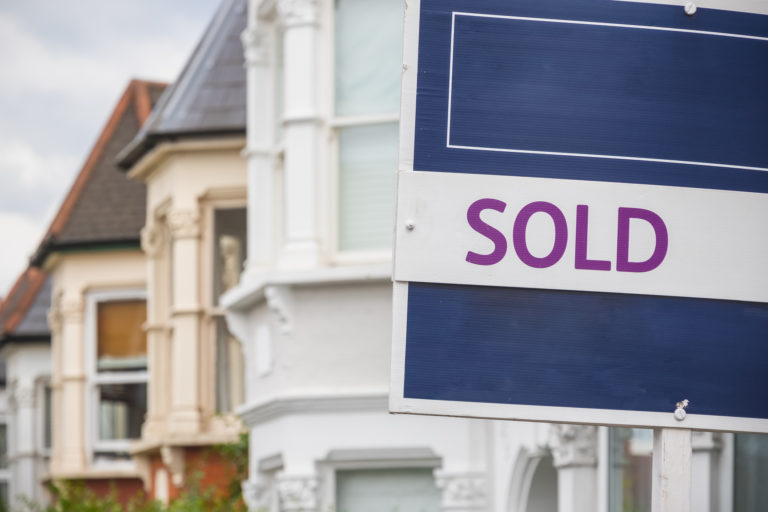London has always been a magnet for young adults, but a number of barriers are causing people to leave the city. What’s behind the London exodus and will it continue?
A new report from Pocket Living has revealed that around half a million young people could leave the capital in the year ahead. The main reason for this, according to the survey, is that house prices there are too high. More than half of people are put off by this, while 30% can’t afford a mortgage and 27% can’t raise a deposit.
While owning a home is a key aspiration in life for many, it’s not for everyone. Of the Londoners surveyed, less than three quarters (73%) labelled this as a top priority. When asked about housing plans for the next year, only around 22% of people currently living in the capital plan to buy there.
By contrast, around 12% of Londoners intend to buy outside of London, while 4% expect to move away to rent. Just less than a fifth (18%) of respondents plan to rent in the city in the coming 12 months. Out of all those surveyed, 15% said they plan to leave London over the next year.
Changing attitudes towards London
Prices in the capital are too high for growing numbers of buyers, says the report. While many in the poll (71%) are satisfied living in the capital, 51% believe housing costs are inflated.
Pocket Living adds: “This threatens to generate a resentment among the people London needs most – the 25 to 45 year-olds who have made the city their home and who form the key workforce of most of the capital’s companies and public sector agencies. There is strong support for affordable housing and a desire to remain [there]: 76% of our respondents agreed that there is a greater need for affordable housing to ensure the vibrancy of London. Almost two thirds (62%) agreed with the statement: “I really don’t want to move outside London to afford a home because I would have to sacrifice too much to do so”.
Of those in the survey who do own their home, the ways in which they achieved this vary. The average price respondents paid for their properties was £490,000 – significantly higher than the cost of an equivalent home in another major UK city.
Less than two thirds (62%) had a deposit of 20% or less, and more than two-thirds had help with their deposit. Just over a third (34%) received help from their parents, while 31% had no help at all.
London deposits now sky-high
Hamptons revealed some interesting research recently. In the first half of this year, Londoners bought 60,000 homes elsewhere in England. First-time buyers made up a quarter of this, and the figure was the highest seen since records began.
The Pocket Living report comments: “Buying a home in London has rarely been more difficult, with house prices dramatically out of sync with most people’s earning power, capacity to raise a deposit and cost of living.
“At the turn of the millennium a typical professional couple needed to raise a £20,000 deposit to buy a home in London. According to the Halifax,* in the 12 months to February 2020, the average deposit put down by first-time buyers in the capital was calculated at £111,321, but in the 12 months to February 2021 the amount needed for a deposit in London was shown to have risen by £20,000 to £132,685.”
“While cities and towns outside the south-east maintain a broad equilibrium between demand and supply and affordability remains at a reasonable ratio, buying a home in London has become beyond the means of far too many people. The barriers are almost exclusively financial, dwarfing the obstacles caused by other issues.”










